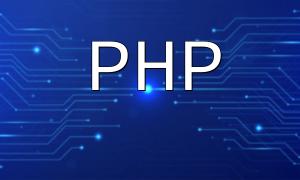In modern software development, version control and code management are essential to ensure quality and effective collaboration. Whether you are working on a personal project or within a team, using proper version control tools helps track changes, prevent conflicts, and increase productivity. For PHP developers, mastering these tools and strategies is crucial.
Git is the most popular distributed version control system. It records change history, supports branching, and enables version rollback—making it ideal for team development. Common Git commands include:
git clone # Clone a repository
git add . # Add changes
git commit -m "Commit message" # Commit changes
git push # Push to remote repository
SVN (Subversion) is a centralized version control system, simpler to use and suitable for small to medium-sized teams. Common commands include:
svn checkout # Check out a repository
svn add # Add files
svn commit # Commit changes
svn update # Update code
Proper code management strategies ensure smooth teamwork and prevent codebase chaos.
Branching is essential in collaborative development. A typical branching strategy includes:
With a structured branching model, team members can work on separate tasks without disrupting the main project.
Consistent coding standards improve readability and maintainability. In PHP, it’s recommended to follow the PSR (PHP Standards Recommendations) guidelines:
Following consistent standards reduces review time and enhances team collaboration.
Conflicts are inevitable in multi-developer projects. Git will highlight conflicting files when they occur. Developers should manually merge changes or use merge tools. Always communicate with teammates after resolving conflicts to maintain consistency.
If an issue occurs and a previous state needs to be restored, Git provides commands such as:
git revert <commit_id> # Revert a specific commit
git reset --hard <commit_id> # Reset to a specific version (use with caution)
Be cautious when rolling back to avoid overwriting or losing data.
Merging is key to integrating multiple branches. Git offers both merge and rebase methods. Choose the right one according to your project policy, and handle conflicts carefully to ensure a clean and stable result.
Code review is an effective way to ensure quality and maintainability. It helps identify potential issues and promotes knowledge sharing among team members. Popular platforms like GitHub and GitLab offer built-in review tools such as merge requests and comments for better collaboration.
Version control and code management are vital components of PHP development. By mastering Git or SVN and applying structured branching and coding standards, developers can significantly enhance efficiency and maintain project stability. When facing common challenges, effective communication and disciplined version control practices are key to successful teamwork.









